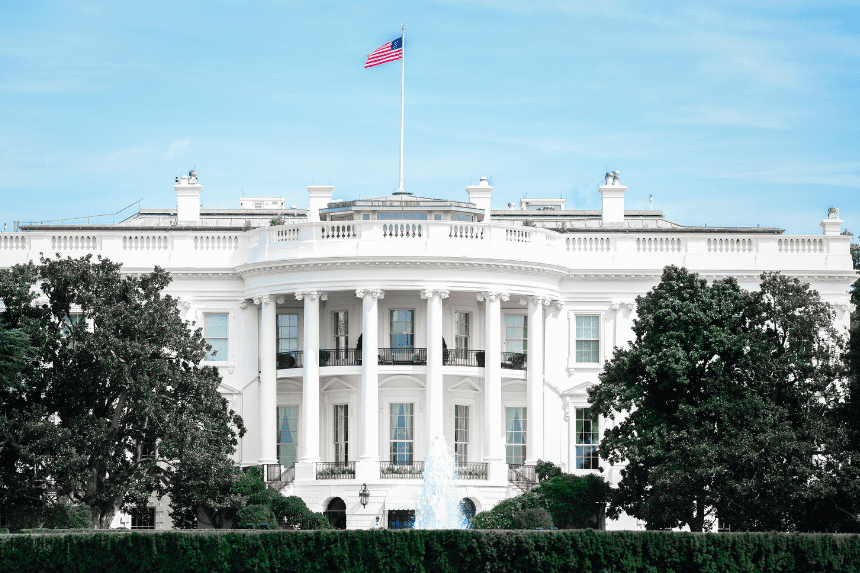After the world’s wealthiest businessman started making moves in Washington, the results were felt well outside standard political circles. Because he had vast financial and technological resources and controlled a huge media company, he changed how the White House worked, talked to the public, and chose its priorities. The effect of this was seen in the regulation of business, plus questions of space, energy strategy, guiding digital policy, and political culture. He chose to speak out and occasionally take on strong public roles. The impact of his story has triggered talks about the connection between money, democracy, and the relationship between the state and billionaires.
- How Did Wealth Open the Door to Political Power?
- What Role Did He Play in Reshaping Digital Policy?
- How Did He Influence National Energy and Space Policies?
- What Cultural Changes Did He Inspire Inside the Beltway?
- How Did He Shift the White House’s Approach to Innovation?
- What Are the Risks of a Billionaire’s Political Influence?
- What Lasting Legacy Does He Leave Behind?
- Conclusion: A New Era of Influence in the White House?
How Did Wealth Open the Door to Political Power?
His rise in Washington was unusual, based on business success and people’s interest, rather than on political experience. Because of his leadership in various innovative companies, policymakers wanted his help in upgrading government technology. Because of his great wealth, he conversed easily with lawmakers, and his views began to help form national discussions about innovation, safety, and free speech. Rather than controlling things secretly, he posted on Twitter, commented in the press, and argued openly with politicians. Because of this, people moved between being tech entrepreneurs and holding political positions.
What Role Did He Play in Reshaping Digital Policy?
Digital policy became one of the biggest areas influenced by governance. Mark Zuckerberg, who runs a leading social media network, stood for open speech but also brought attention to how to address misleading claims and control the platform. His choices brought both applause and criticism, primarily from members of Congress who thought he was transforming how data and information move online. Consequently, the White House and key regulators began to look again at how they oversee the tech industry. While his focus on libertarian and anti-regulatory issues led him to oppose mainstream views, it quickly brought more attention to the future of online governance.
How Did He Influence National Energy and Space Policies?
The things Musk achieved in electric vehicles and space adventure have made a big difference to national policy. Clean energy initiatives were made a priority by the White House, much like President Biden wished, and more funds were directed to upgrading America’s electrical system. At the same time, space entrepreneurship encouraged America’s space program to mix private and public efforts. Because of this reorientation, the way Washington manages its aerospace budget and unites potential partners adjusts as well. Though he was not appointed yet, his forward push and personal achievements pushed both environmental and technology initiatives to the top of the government.
What Cultural Changes Did He Inspire Inside the Beltway?
On top of policy changes, the richest man had an impact on Washington’s views of leadership and innovation. Because of his outspoken and quirky leadership, the political elite either respected or criticized his actions. Through his impulsive moves, he caused government officials to switch to bolder language and to take faster, riskier decisions. Thanks to talking about the matter publicly and startling the business world, he made it more difficult for officials to overlook billionaires who behave like visionaries instead of only being CEOs. Because of his celebrity, the border between policymaking and influencing public opinion had to be handled differently by institutions. Read another article on the Royal Mail sale approved UK Czech billionaire
How Did He Shift the White House’s Approach to Innovation?
The White House started talking about innovation a lot because it strongly supported space exploration, robots, and other leading-edge inventions. Because he always thought ahead, policymakers started passing new tech laws and investing in what was previously considered too radical. Firms were prompted to examine the risks they face more closely, and the government stepped up its work with companies in the private sector. So passionate was his vision for technology that Washington tried out big experiments, even if not every one was a success. Because of this, the focus became growth over rigid procedures, and companies came to judge their achievements by how much they shook up the market.
What Are the Risks of a Billionaire’s Political Influence?
Though his ideas boosted growth and improved how things were done, some people worry about what happens when public policy is determined by an individual leader. At times, something Trump tweeted ran counter to White House positions or the rules currently set by the government. Questions are being asked about how transparent and accountable those in office are and if their interests are behind the nation’s plans. It is also asked how much wealth affects the laws impacting millions, when that influence does not go through normal democratic channels. There is still talk: are his threats to current systems welcome, or do they lead us in the direction of a few tech monopolies?
What Lasting Legacy Does He Leave Behind?
The richest man did more than travel through Washington; he also made a mark. Because of his actions in digital freedom, energy reform, space dominance, and innovation culture, the White House now approaches its role in the 21st century very differently. The result of his work is that reforms have happened internally, policies have moved forward, and public and private groups are now partnering in new ways. Whether remembered for his inventions or the controversies, his mark can be seen in the way America currently views leadership, power, and the future of conducting governance. Politics is just one part now—it’s now about who can create the vision, find the resources, and act boldly to lead the nation.
Conclusion: A New Era of Influence in the White House?
The series explores how the world’s top billionaires merge innovations, their influence, and the power of media to the White House. His work shows that personal action can alter public policies, upend traditional systems, and reset the boundaries of leadership without being part of them. His actions are used as guidance, even as political structures keep changing. It doesn’t matter if future presidents copy or fight his solutions; a big change has taken hold in Washington, and billionaires are now in the spotlight. They come with experience, and occasionally, they need to change the rules.








